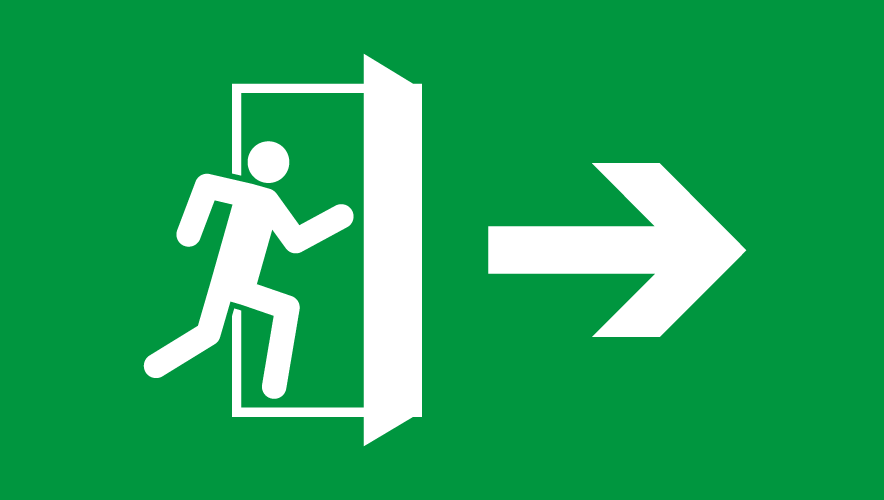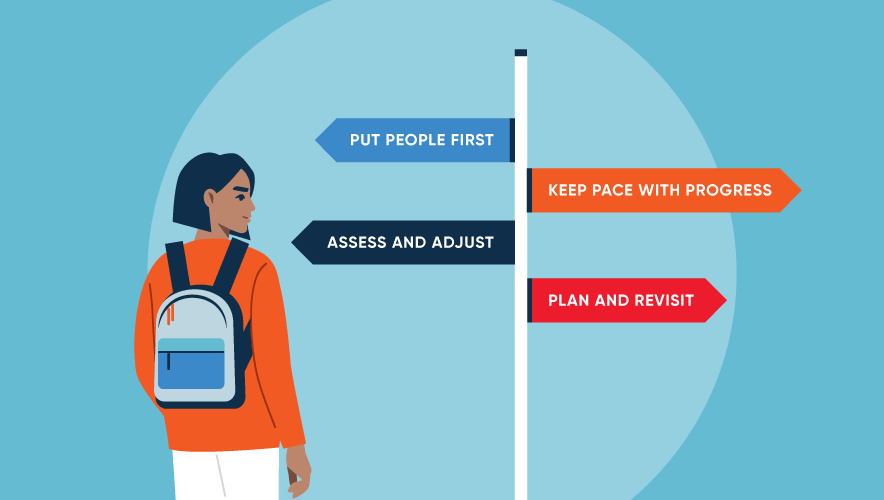What a Worker Wants
Are you satisfied with your job? Do you think pay is the main thing that matters to employees? Suspect that those around you are falling into quiet quitting trends and general apathy? Well, surprise! According to a new Washington Post-Ipsos poll of workers, eight in 10 are satisfied with their jobs, even though six in 10 say work is stressful. And despite many trend pieces that argue the contrary, most of the 1,148 workers the poll surveyed try to excel at work.
Let’s break it down: You’ve probably heard a plethora of news about the Great Resignation of 2021, quiet quitting, demands for flexible work and better pay, calls for mentorship and career advancement opportunities, and challenges to longstanding corporate office-based culture. But this poll found that nearly 80 percent of workers say they are satisfied with their jobs, 82 percent said their primary job was enjoyable, and 62 percent say they have a good work–life balance.
Stress levels vary by demographic. Gen Z workers (those younger than 26 years of age) were the least likely to say their jobs are stressful (42 percent) compared to 61 percent of those 27 to 34 years old, 67 percent of those 35 to 49 years old, and 66 percent of those 50 to 64 years old.
Managers are more likely to say their work is stressful than non-managers (74 percent vs. 56 percent). Women say their jobs are more stressful than men (65 percent vs. 58 percent).
What makes work less stressful? First of all, movement. Workers vastly preferred jobs where they are actively moving over stationary, desk-bound jobs. About six in 10 workers prefer jobs where it is clear how to accomplish day-to-day tasks over one where they must be creative to achieve results, the poll found.
No matter how they need to reach results, nearly two-thirds of poll respondents say they work “enough to excel at their jobs and advance” in their careers; 33 percent report that they are “working enough to do my job well, but not doing more than I am paid for,” and 4 percent are “working just enough to keep my job.”
This dedication hasn’t completely undercut the turnover challenges many workplaces have faced in the past three years. The Post-Ipsos poll found that many factors color a worker’s feelings about a job, including health insurance, vacation time, co-worker friendliness, opportunities for advancement, and the social impact of the work. But pay is still the top factor, with 45 percent of workers ranking it as the most important. One in three workers polled said they had changed jobs since the start of the COVID-19 pandemic, and 44 percent of those workers changed roles for better pay.
Having a good boss or manager comes in second, though, with 14 percent of workers ranking it as the most important and more than 80 percent deeming it extremely or very important.
Meanwhile, remote work hasn’t completely eroded social ties in the workplace. More than half of workers said they have “close friendships” at work. Working remotely may lead to looser ties, though—there was about a 10 percent difference in close friendships between hybrid and fully onsite workers vs. fully remote workers.
After the upheaval the pandemic created in the world of work, there’s been fierce debate about what workers really want.
— The Washington Post (@washingtonpost) May 23, 2023
This poll sheds light on how workers feel about their jobs and what the future may hold. Here are some of the key findings. https://t.co/WzTDFoBpKA
But the reduction in at-work friendships doesn’t seem to be deterring remote workers. The poll found that around 40 percent of those surveyed say their jobs can be done from home, and among those, 40 percent are fully remote, 38 percent are hybrid, and 22 percent work fully from an office or other workplace. Before the COVID-19 pandemic, the Post reported, 60 percent of these employees worked on-site fulltime. Of those working fully remotely, 70 percent expect to keep it up during the next decade. Of in-office workers, 61 percent said they expect to be hybrid workers in 10 years.
Among remote-capable employees, about 7 in 10 said they would choose to work from home all or most of the time. Only 6 percent would opt to work remotely “rarely or never.”
What’s driving the push for more and sustained remote work? Skipping the commute tops the list, followed by easier childcare and easier focus. Most remote workers said the arrangement has made it easier to balance work and personal time. Even though remote work is valued, 65 percent of remote-capable workers said they would prefer a job that pays more but requires regular time in the office to a remote job that pays less.












